Principal Speaks: Student agency is a powerful lever for improvement
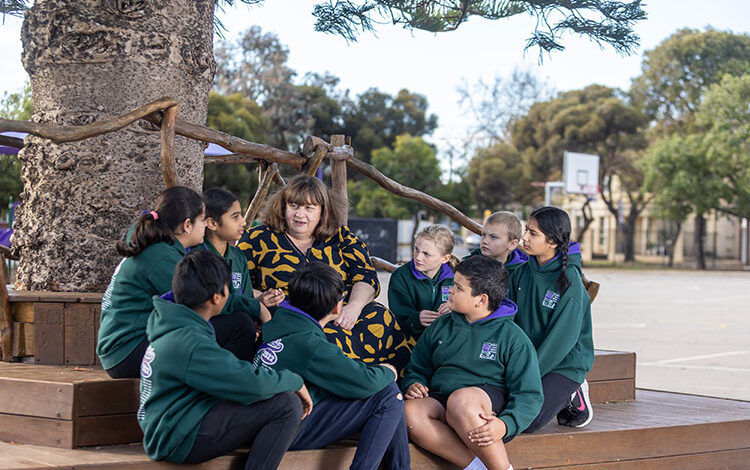
Prospect North Primary School embraces all community members, and I believe that innovation and Agency is key to giving students from complex backgrounds the tools they need to be successful learners.
Increasing student agency in the learning process is instrumental in transforming learning at Prospect North. Students articulate their learning through goal setting and teacher conferencing. We have also begun to credential students as they learn through our SECRET Powers framework, which is designed to develop General Capabilities.
Check out the latest print issue of School News, here.
SECRET Powers refer to our learning progressions across the curriculum. Our school has an incredibly high level of student agency, so we wanted a way for students to build their capabilities but be in control of the process. As such, we teamed up with students and parents to co-design our SECRET Powers framework.
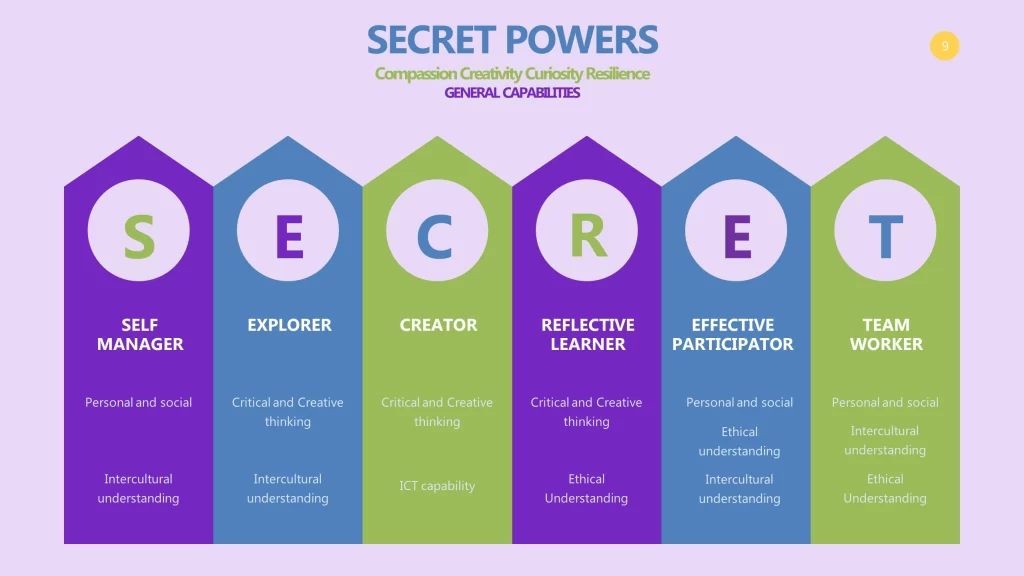
Our students receive credentials as they hit milestones, adding to their SECRET Powers. We are currently building a student portal, where students will upload their evidence for credentialling, and this is then checked by staff or older students before the child can be awarded their badge or credential. This work is incredibly important in our community as with such diversity, we needed to develop a common language to celebrate learning growth that moved beyond A- E grades.
Overall, I believe students learn best when they are in control and understand the learning process, which is why Prospect North prides itself on being a hive of learner agency. Our students track and monitor their own progress in partnership with staff and learn by solving real-world problems. They lead and contribute at every level of the school and drive community partnerships for the benefit of all learners through our Student Parliament, for instance.
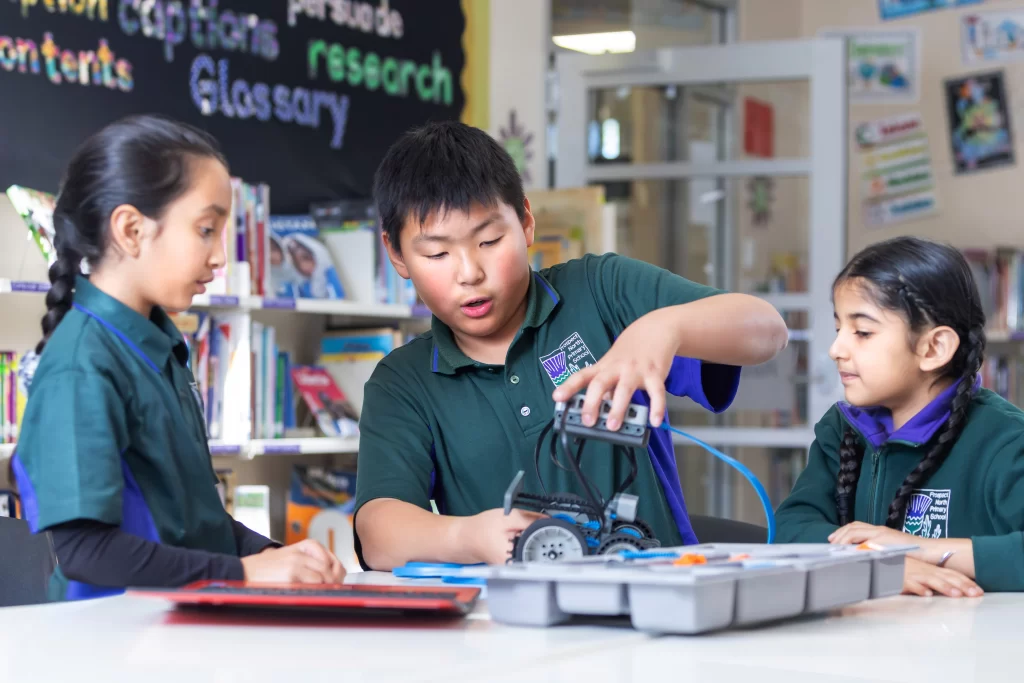
All students at our school undertake long-term projects called Personal Investigations, which are interest-led but problem-based. They must follow a process to dig deeply, engage with different perspectives, and develop their SECRET Powers. Ultimately, the students learn how to be good learners. Therefore, it is through real-world problem solving and an inquiry approach to learning that our students become skillful communicators, collaborative learners, and digitally literate, resilient individuals.
STEM is important to Prospect North, and one of our flagship programs is Kids Teach STEM where students run conferences for neighbouring schools and students from further afield. We want our students to be confident STEM learners because it is a significant area of future employment, but also because we want to empower them to make their own way in an increasingly digital world.
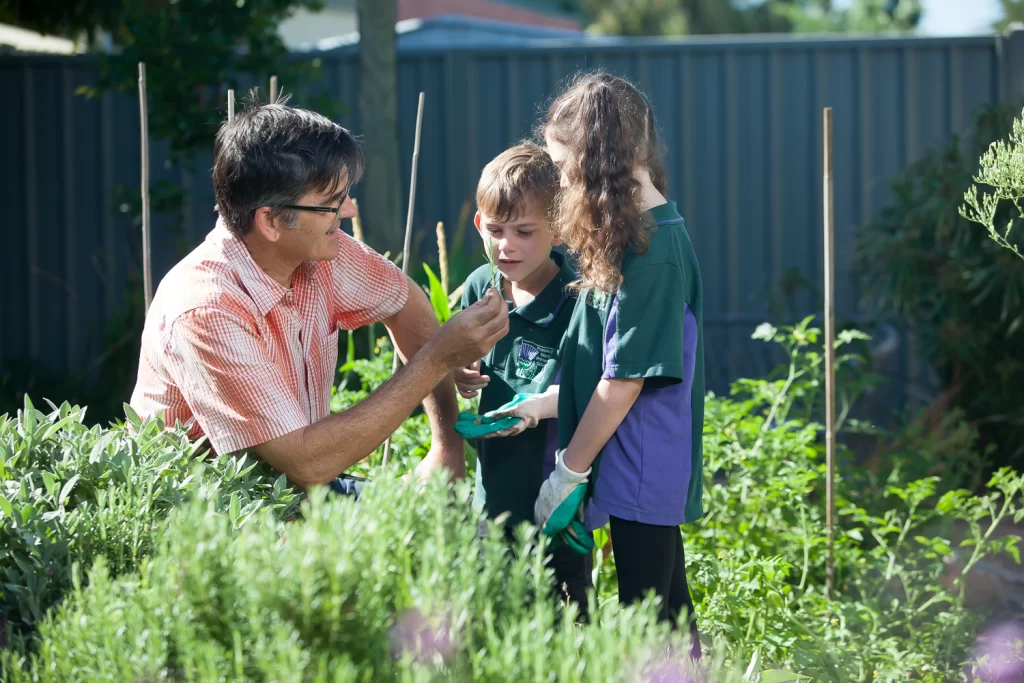
STEM at Prospect North involves taking part in a range of big investigations. For example, our students work with the council to solve issues using Design Thinking, or collaborate on designing indoor and outdoor spaces, then helping to build them. Some of our other STEM activities include observations and hands-on experiments in the Secret Garden, as well as gathering and graphing data on an issue that students have identified as important.
We prioritise creating leadership opportunities for students such as our Digital Leaders program, where students who enjoy technology can gain higher level technology skills, then attend other classes to help upskill other students or present workshops for other schools at one of our conference days. Taking part in these activities allows students to boost their leadership as well as technology skills. Through our Kids Teach STEM and STEM in Action conference days, our students have hosted over 500 teachers and peers from schools around South Australia and interstate.
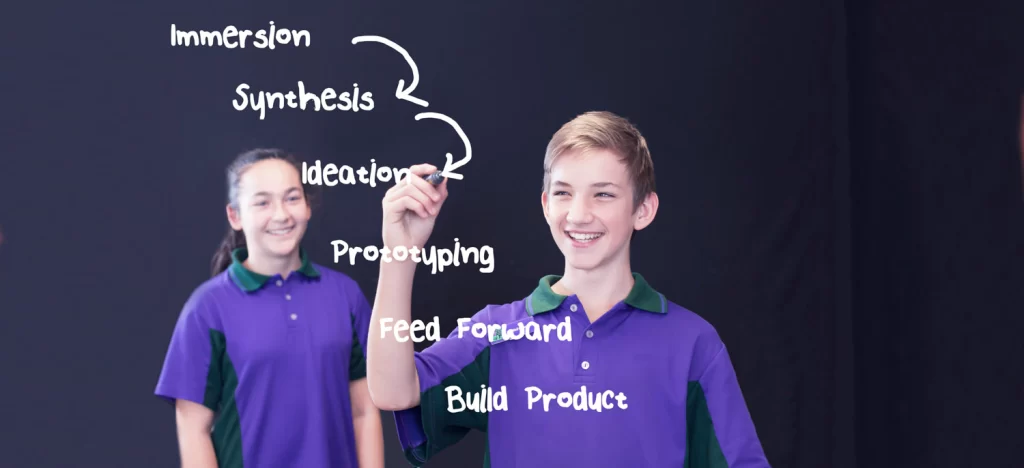
In 2020, we went online when COVID hit, and this opened our STEM conferences up to schools interstate. Teachers Mutual Bank sponsored the project, which had students in disadvantaged schools collaborate and interview a range of local STEM professionals to build an online library of videos for all to share. For a disadvantaged school, this has created opportunities for targeted groups of girls, EALD, and Indigenous students to become confident speakers, role models, and high-level STEM learners and teachers.
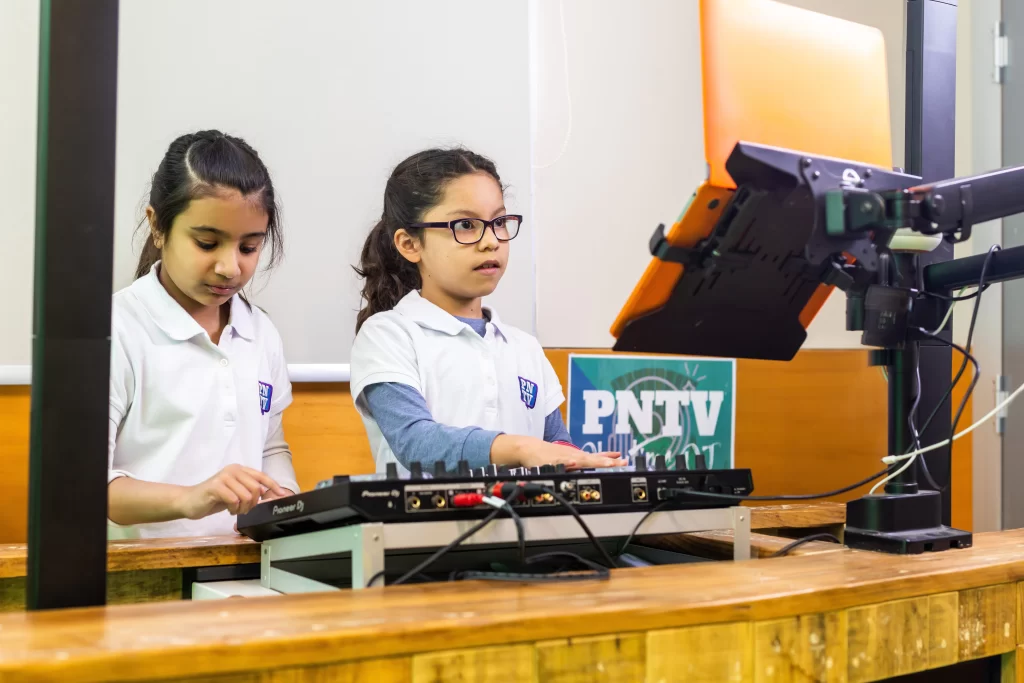
The same year, we introduced new programs centring our ground-breaking TV and podcasting studio. In these programs, students share their cultures and learning, and these projects have gained attention across Australia as our students have gone on to become expert journalists, broadcasting news and human-interest stories to their local community.
For us, having the structure and scaffolds in place to allow students agency in their learning has led to improved wellbeing, attainment, and attendance. We believe that students should be connected to the real world; actively problem find and problem solve; play and investigate; understand and be articulate about how and why they learn; set their own goals and reflectively assess own their progress; explore the curriculum deeply; find and follow their passions.
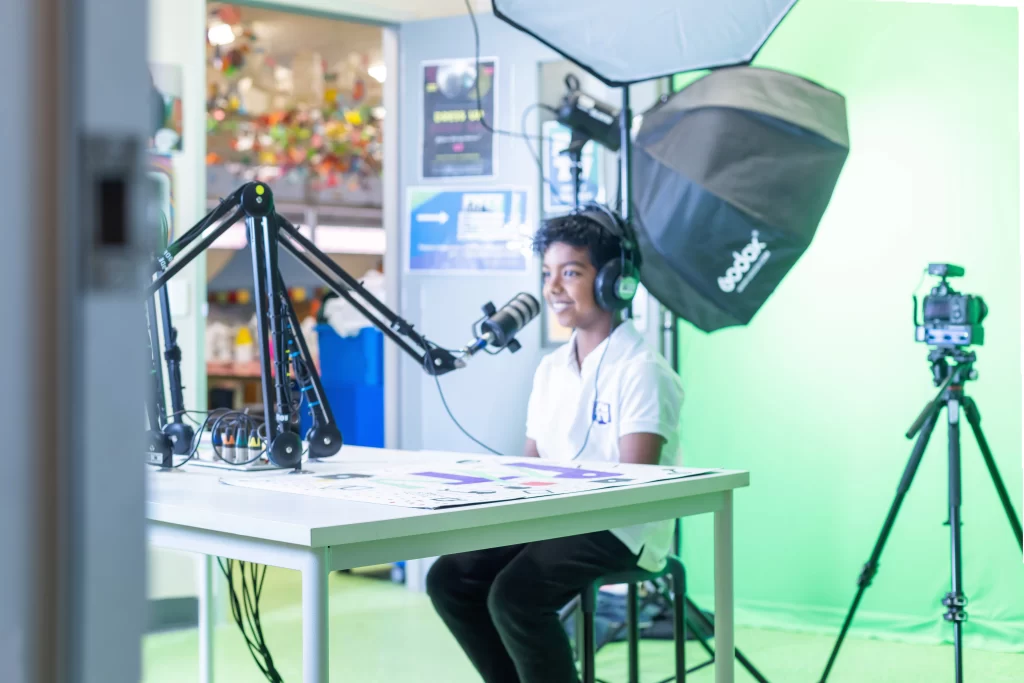
Curiosity, creativity and the communication are central to a child’s sense of belonging and development of basic skills. Having indoor and outdoor learning environments that foster curiosity and promote immersive creativity are key. They must allow children to manipulate, experiment, pose and solve problems within the curriculum during real life and relevant experiences.
My goal is to embed student agency in every process across the school, and we have accomplished this in a variety of ways. For instance, we have a Nurture Program that monitors wellbeing for each student and family.
Our Student Parliament initiative emulates real civics and citizenship with full parliamentary processes to give students a real voice in our community. Our students are true citizens and agents of change, which is why the staff at Prospect North are continuously improving their practices to allow our hugely diverse community to thrive and stay connected to one another.
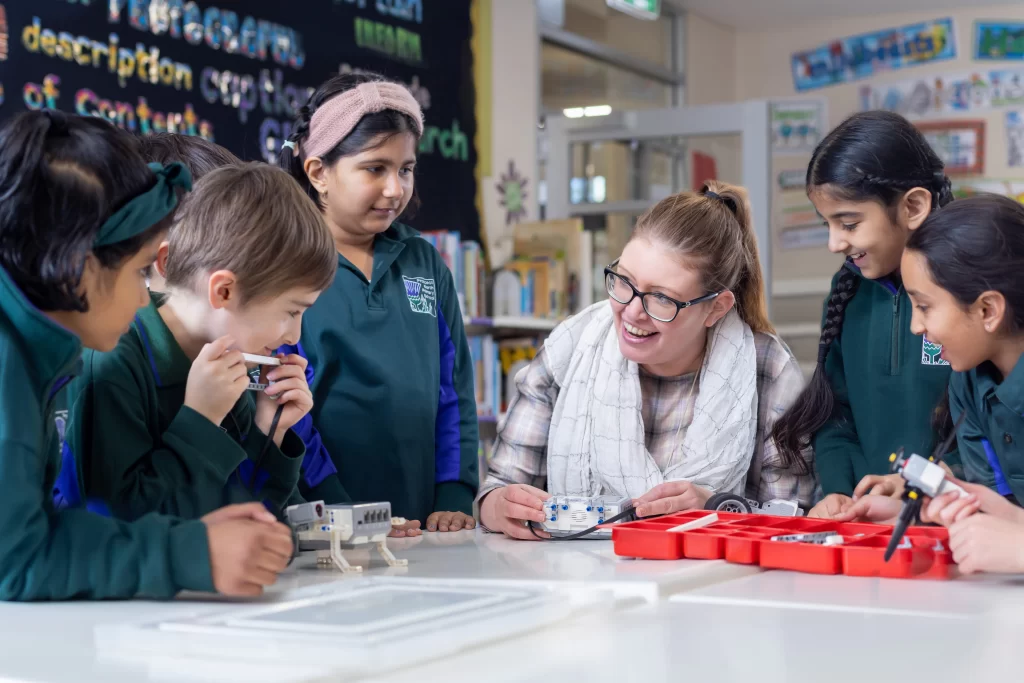
We are also looking at new ways to track, record, and report learning to parents. In collaboration with the University of Melbourne and 30 other innovative schools across Australia, we are generating ways to redesign learning ambitions and reporting and this work is influencing policy makers at the state and National level.
I think that because our system here in South Australia networks us geographically, our opportunities to get together with like-minded schools has significantly shut down. I have noticed a lack of trust in teachers and principals that has sadly seen innovative schools discouraged from prototyping new ways of schooling.
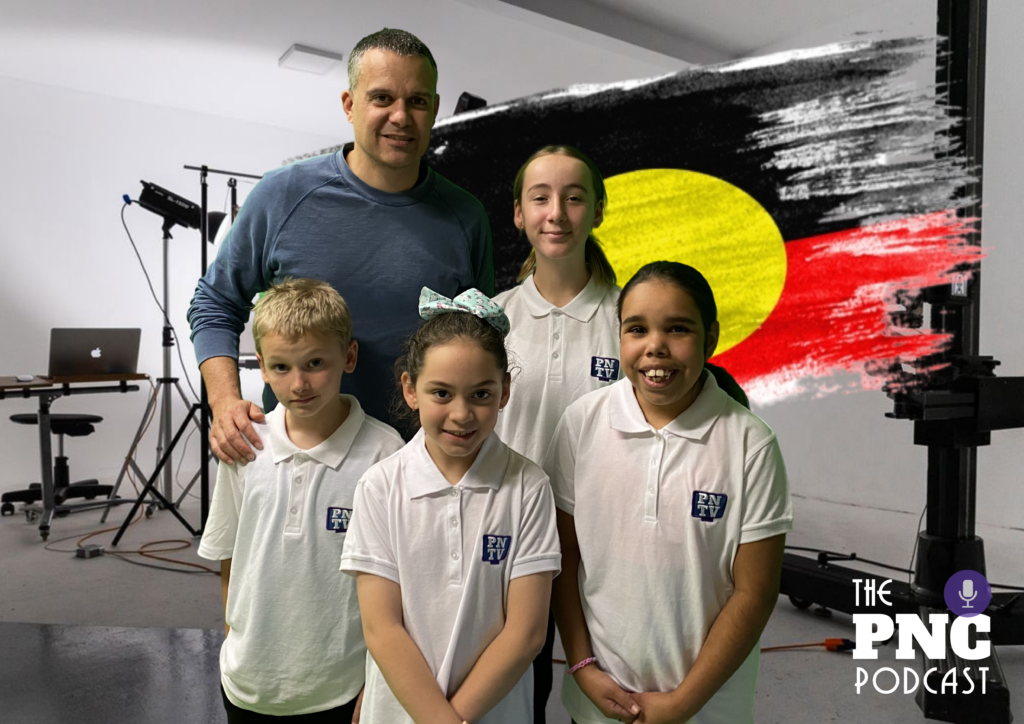
For me, the biggest training and development opportunity has been with Social Ventures Australia and the network of low SES interstate and local schools collaborating on improvement. Our termly Thought Leadership Gatherings provide opportunities for high-level training and conversations with like-minded leaders, and as a group of schools we can access more collective wisdom to benefit our communities.
I also take part in the New Metrics Innovation Project at Melbourne University, which involves networking with schools on similar journeys. In addition, as a Board member of the South Australia Primary Principal Association I can have a strong voice in the development of curriculum, pedagogy and policy in our department.
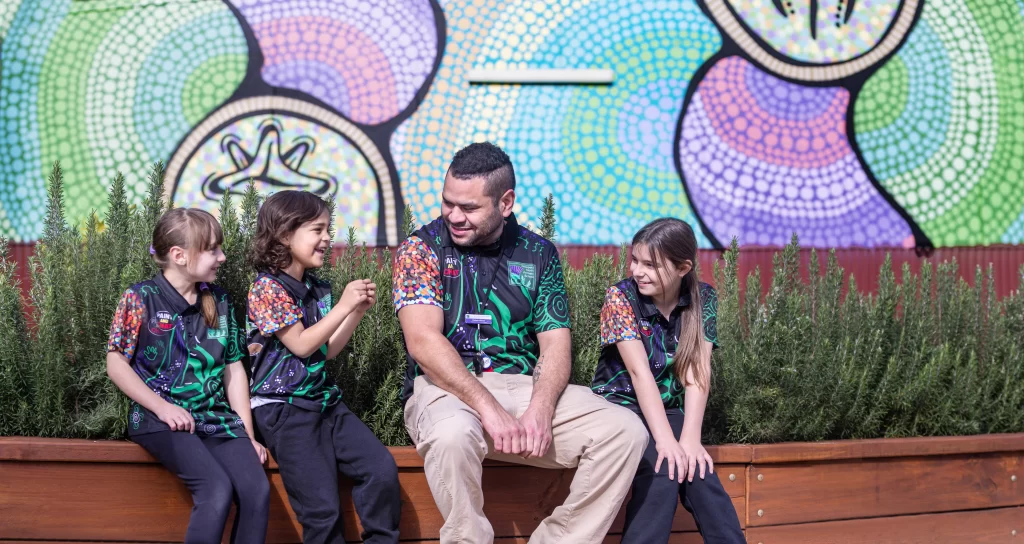
Most importantly though, I view myself as a continuous learner and am currently studying a Graduate Certificate in Developmental Trauma to make sure that our programs are thoroughly evidence-based.
Recently, I have provided tours and immersion days for visitors to our school who come to unpack student agency and witness the impact it has on engagement, attainment, and wellbeing. These days have enabled me to join groups such as LEAP to unpack learning across jurisdictions.
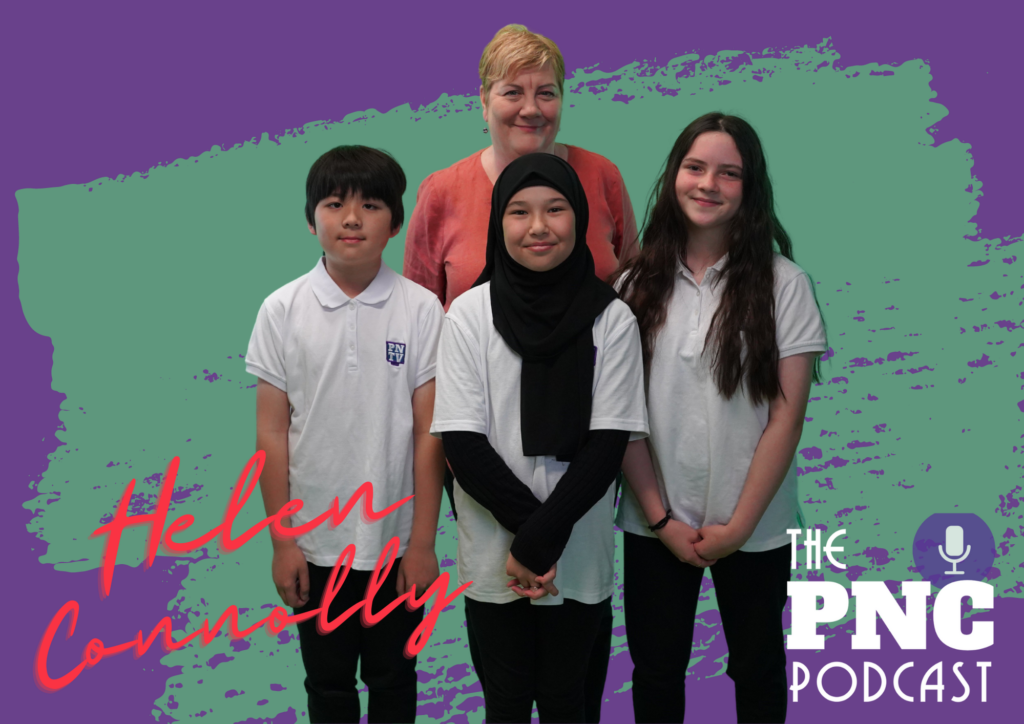

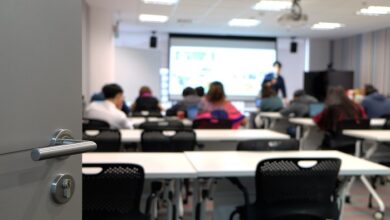
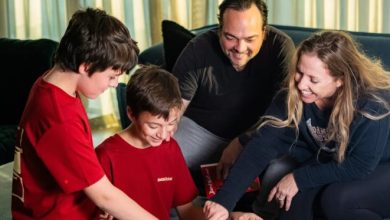
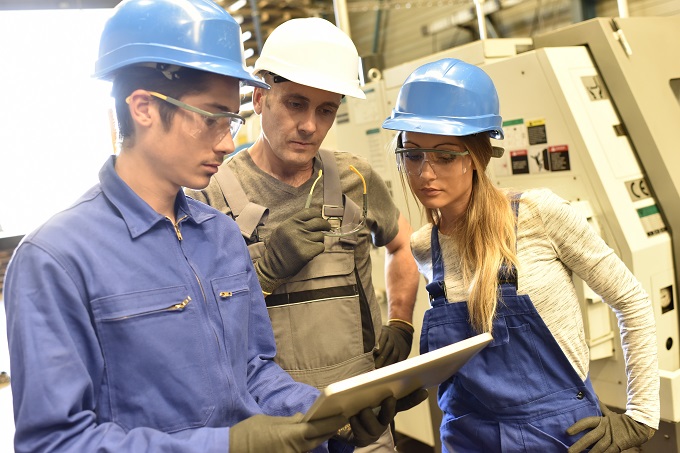

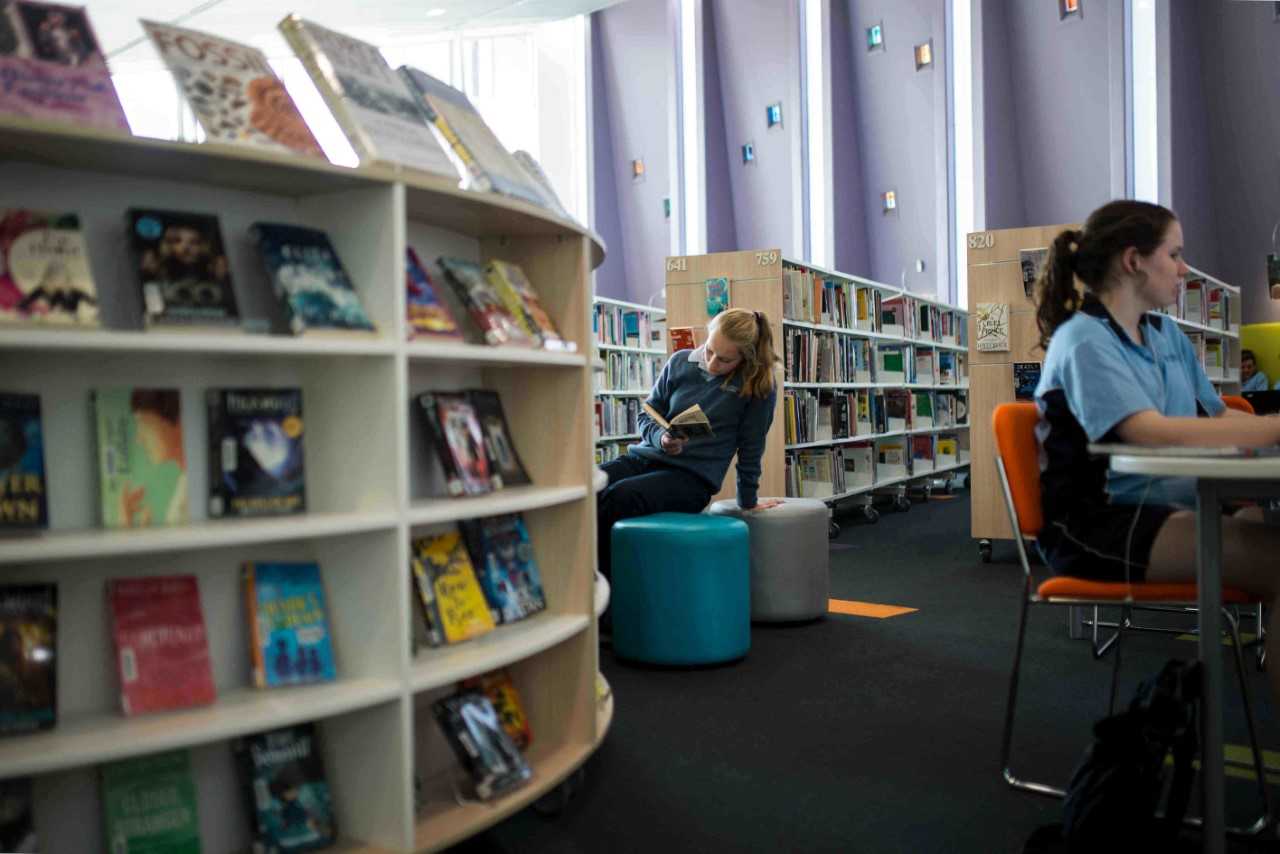
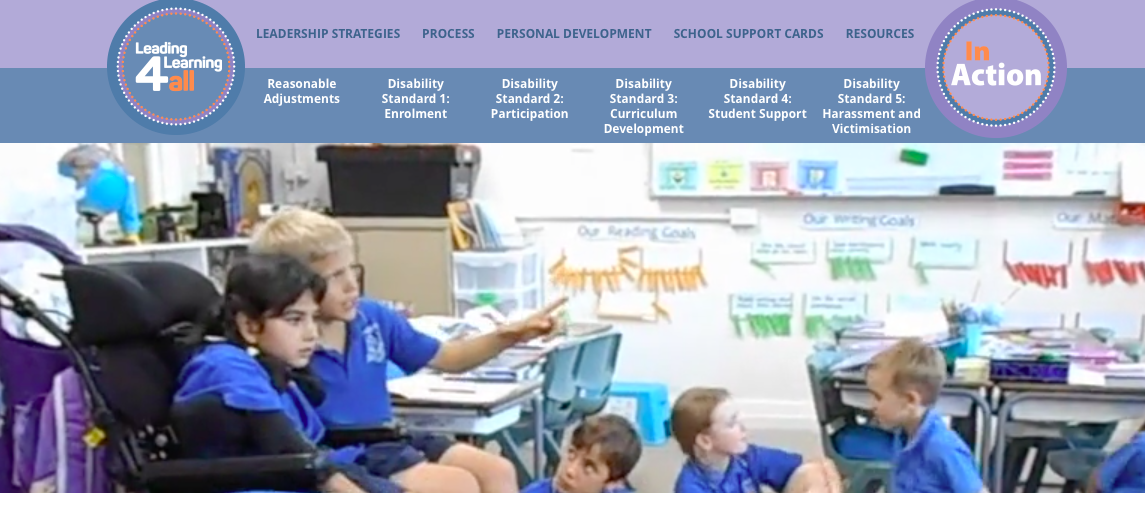

Such an inspiring model of best practice.